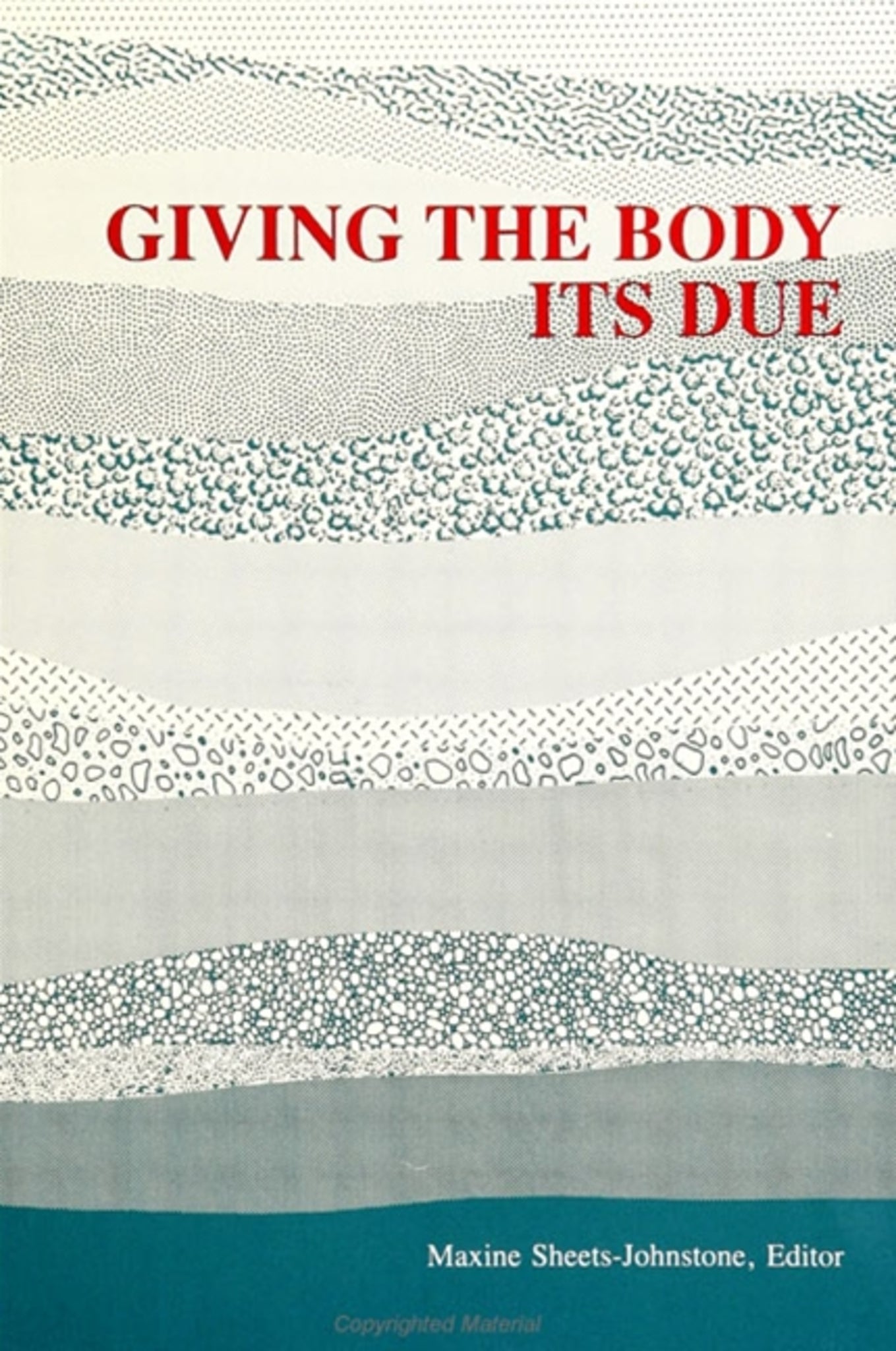We're sorry. An error has occurred
Please cancel or retry.
Giving the Body Its Due

Some error occured while loading the Quick View. Please close the Quick View and try reloading the page.
Couldn't load pickup availability
- Format:
-
01 July 1992

These essays bring together disciplinary understandings of what it is to be the bodies we are. In its own way, each essay calls into question certain culturally-embedded ways of valuing the body which deride or ignore its role in making us human. These ways have remained virtually unchanged since Descartes in the seventeenth century first sharply divided mind-a thinking substance, from the body-an extended substance.
The legacy of this Cartesian metaphysics has been to reduce the body by turns to a static assemblage of parts and to a dumb show of movement. It has both divided the fundamental integrity of creaturely life and depreciated the role of the living body in knowing and making sense of the world, in learning, in the creative arts, and in self- and interpersonal understandings. The living sense of the body and its capacity for sense-making have indeed been blotted out by top-heavy concerns with brains, minds, and language, as if these existed without a body.
It is this conception of the body as mere handmaiden to the privileged that the contributors to this book challenge. By the evidence they bring forward, they help restore what is properly due the body since Descartes convinced us that mind and body are separate, and that mind is the primary value. Moreover, they help to elucidate what is properly due the body since the more recent twentieth-century western emphasis upon vision effectively reduced the richness of the affective and tactile-kinesthetic body-the body of felt experience-to a simple sum of sensations.
Dominant themes that run throughout the essays and that call our attention to the living sense of the body and its capacity for sense-making are: wholeness, the capacity for self-healing, cultural histories of the body, pan-cultural bodily invariants, thinking, emotions, and the body's wisdom. In the end, these themes show that giving the body its due means forging a metaphysics that upholds the truths of experience.


"...moments of insight, recognition, nuance, and brilliance...There is a large literature at present that problematizes various aspects of the body. I do not know of a book that brings together the combination of approaches that this book does. Herein lies the real strength of the book." — Margaret R. Miles, Bussey Professor of Historical Theology, Harvard University
Preface
Acknowledgments
1. Charting the Interdisciplinary Course
Maxine Sheets-Johnstone
2. The Bodily Nature of the Self or What Descartes Should Have Conceded Princess Elizabeth
Albert A. Johnstone
3. An Eastern Concept of the Body: Yuasa's Body-Scheme
Shigenori Nagatomo
4. Minding the Body: The Placebo Effect Unmasked
Daniel E. Moerman
5. The Body as Healer: A Revisioning of Trauma and Anxiety
Peter Levine
6. Life under Stress: From Management to Mourning
Robert Kugelmann
7. The Materialization of the Body: A History of Western Medicine, A History in Process
Maxine Sheets-Johnstone
8. The Human Body as Historical Matter and Cultural Symptom
Robert D. Romanyshyn
9. Making the Unknown Known: Art as the Speech of the Body
Mical Goldfarb
10. The Wider Role of Bodily Sense in Thought and Language
Eugene T. Gendlin
11. Body Process in the Evolution of Language
Mary LeCron Foster
Contributors



